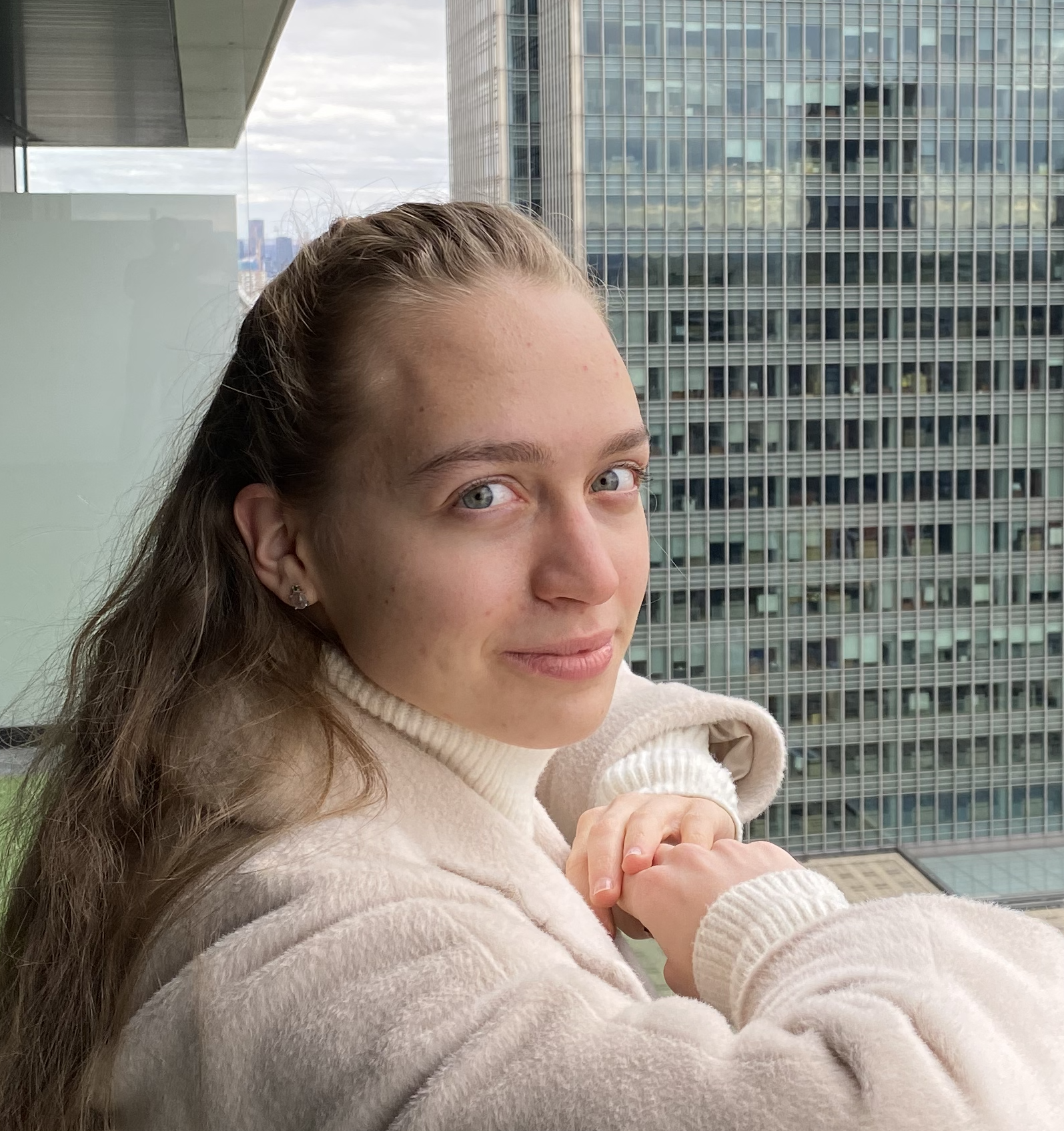‘Does Social Science Tell the Truth?’- My First Ever Lunch Hour Lecture
Published:
This blog was originally published on the Bedford Bugle - the University College London Psychology Society’s blog. The original can be viewed here.
Having only been here for three weeks I already realised that UCL (or university in general, most likely) is the sort of place where fascinating additional learning opportunities happen every day, but if you want to be part of them you have to research them yourself. By pure chance I found out that UCL does free 40-minute lunch hour lectures. And not only are those open to both postgrad super-minds/PhD-holding geniuses, but also the lost-and-flustered-looking freshers like myself. If you’re someone interested in such a hidden gem, but were unable to attend, or would simply like to hear my much-less-professional re-telling of the story, read on!
This lecture was given by Prof David Shanks, Head of Division of Psychology and Language Sciences, and the topic (‘Does Social Science Tell the Truth?’) was inspired by the story of Amy J.C. Cuddy. In 2010 Amy carried out an experiment with Dana Carney and Andy Yap, which was later titled ‘Power Posing: Brief Nonverbal Displays Affect Neurodoctrine Levels and Risk Tolerance’ and published in Psychological Science, ‘the highest ranked empirical journal in psychology’ (quote from http://pss.sagepub.com, article can be found here). The experiment apparently proved that ‘power posing’ (i.e. standing in a confident and open pose for 2 minutes) increased testosterone levels in participants’ bodies and even caused better performance in job interviews. This idea grabbed the attention of both scientists and businessmen, bringing Ms Cuddy immense popularity online. Cuddy gave a TED talk on power posing, which was viewed by 35 million people and was even turned into a book. Ms Cuddy’s career sort of built itself around power posing, but was it a legitimate theory…?
Only 4 years later, an identical experiment involving 200 participants failed to replicate Cuddy’s results. According to the researchers conducting this new experiment, only subjective feelings of power were strengthened in participants by the so-called ‘power posing’, but no adrenaline level rise occurred. Some further digging was done and the 33 previously published studies on power posing, which Cuddy and co. presented as support for their argument, were analysed statistically and were proven to show no overall effect of power posing on anything mentioned above. How can we believe psychologists after this?
Well, a scandalous story of such scale did have positive effects: it encouraged the Psychological world to create a resource that would help avoid future scandals like this. PsychFileDrawer was created for researchers to upload their raw data (results) onto and for learners to be able to see the replication attempts of almost all the experiments ever conducted in Experimental Psychology. It is believed that this resource has made the field of Experimental Psychology more truthful and stopped many researchers from faking ‘significance’. Many websites now also allocate ‘badges’ to their articles to indicate whether the author has uploaded their data online and whether the following study can be believed fully.
I’m worried that I may be summarising too much of the lecture for you, but I genuinely found this bit fascinating and thought that my readers deserved to be enlightened. By providing Amy Cuddy’s story and many other examples of non-replicable experiments (which were all very interesting and you should definitely check out the video, link below) Prof Shanks really made us all re-think the way we look at social science.
Although social science doesn’t always ‘tell the truth’, it’s becoming more and more honest every day, especially with the contribution of new statistical analyses, greater availability of study-replication materials on the Internet, openly published data and the above-mentioned publication ‘badges’. Prof Shanks thankfully didn’t give us a prescribed answer to the title question, but by the end of the lecture I was convinced that today we are able to claim that social science is getting closer to ‘telling the truth’ than it was 6 years ago. However, the difficulty of working with people persists to this day and is left in the hands of future scientists, perhaps some of those currently reading this very non-scientific review[i]. Overall, by the end of the lecture I felt enlightened and would recommend future lunch hour lectures to anyone and everyone.
[i] For a more scientific version, i.e. the recording of the lecture itself, please go to: https://www.youtube.com/watch?v=Jt7gEAoUl8s
